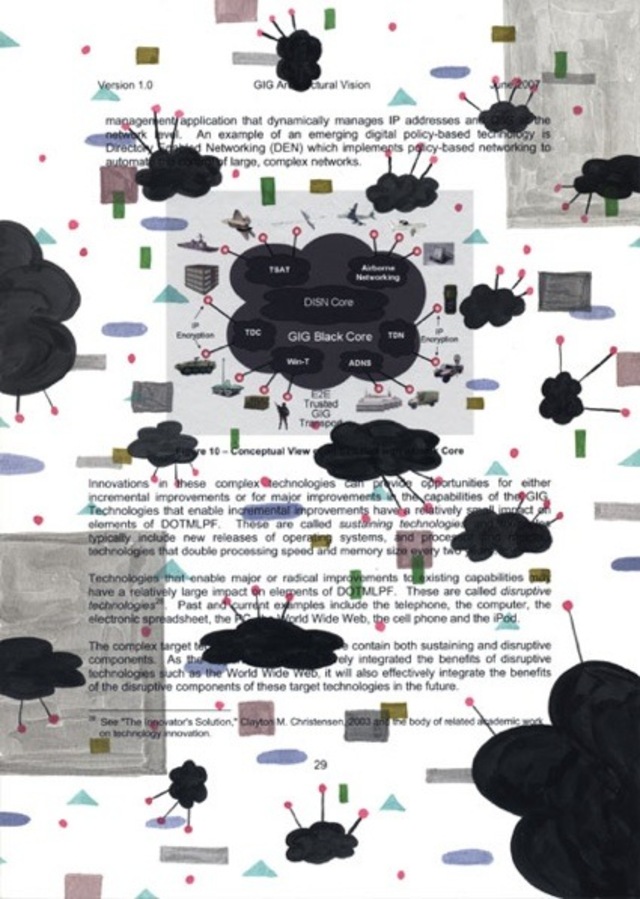Advertisers train themselves to gather data. They become such experts at gathering analytics and number crunching that they forget about user privacy. A normal Monday to an advertiser is a user’s breach of privacy, but companies are using that data in new and creative ways. There is a certain etiquette to dealing with user information, and not every abuse is frowned upon.
If you’re interested in this fascinating phenomenon, read on for invasions of privacy that users have learned to turn a blind eye to.
Facebook
Facebook has notoriously acted in favor of transparency on the user’s behalf. According to Facebook, the age of privacy is at an end. The ulterior motive is to categorize user behavior and sell that data to advertisers, who market products based on interest and demographic. Still, users login to Facebook daily to exchange messages in a public environment.
Gmail
Gmail reads our email in order to serve ads to us. This breach of privacy is now commonplace and is accepted as part of the “free” quality of Google apps. Considering the amount of users on Gmail, and other major email providers, it becomes difficult for the individual to shift his email to a private account. He has to deal with spam filters and email authentication tools he may not understand how to configure.
Malware
Malware can compromise a computer and leech data about a user without his consent. These low points of entry are part of any serious assessment of security risk management. Malware drains a computer’s performance, and can create holes for exploits that steal more information. It’s important to have a robust security suite designed to protect your network from intrusion. More than that, you need security that learns from each threat it detects and adapts accordingly.
This type of protection is called deep protection for businesses and, according to experts, “Recent advances in command and communication (C&C) response help you stop suspicious behavior before your intellectual property is compromised. With in-depth intelligence about your attackers, you can shut them down.” (Source: www.trendmicro.com)
Cookies
Cookies track browser behavior and report it to third parties. If you don’t like the idea of someone snooping on your browsing habits, you should surf the web with cookies disabled by default. There are certain instances where cookies can be helpful, like trusted websites, but you should fall back on a third-party password application to manage your login credentials. We commonly use cookies to track our many logins; password management applications remove that issue.
Retail Tracking
Retail stores are tracking more than what people steal from stores. Apple stores will deploy a new technology called iBeacon that triggers events based on a customer’s GPS location. The Apple Store application already knows when users have entered an Apple store, the GPS technology will tell associates where the user is located for more personalized help. This level of retail tracking will become commonplace as time goes on, with apps designed to remind us to use coupons. Soon our shopping lists will tell us in-store locations for items, and help us navigate aisles faster.
The NSA
The reveal that the NSA is spying on citizens at home and abroad stunned the world, but has largely faded from public discussion in America. Perhaps this is due to the public’s short attention span, or maybe it is because the measures are considered critical to national security. Whatever the case, the revelation appears to be a part of culture now.
Google Maps
Google Maps has created a stir in the privacy world as the service has tried to provide a deeper “street view” experience. Map has been the subject of litigation in London and America, where breaches of privacy range from faces to license plates. Some people just don’t like the idea of others having the ability to see their home from the web. Yet we have trained ourselves to use the service for navigation, and would regret the lack of convenience. It’s that convenience that gives way to privacy breaches.
Are there other egriegous security breaches that we have given a hall pass to? What does the future have in store for a population who willingly surrenders its privacy?
The post Seven Invasions of Privacy We Accept as Commonplace appeared first on AdPulp.











